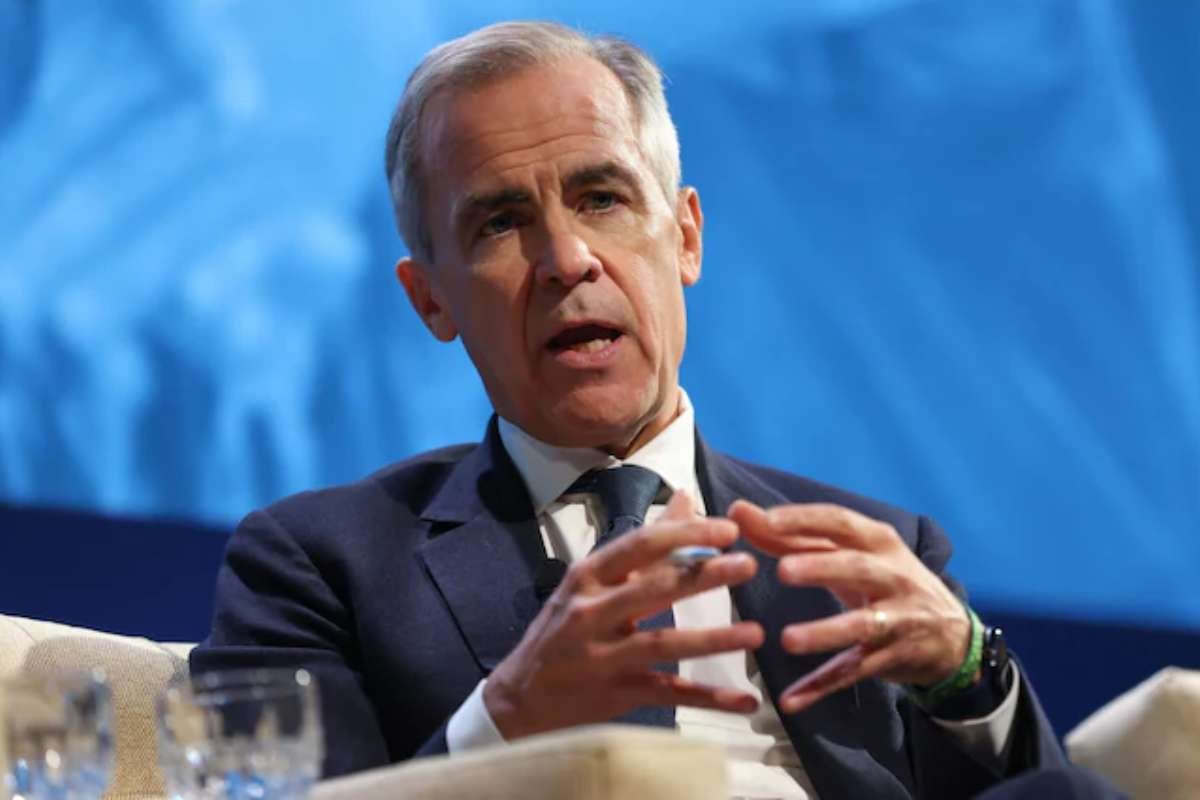Morgan Stanley Joins Growing List of Exiting U.S. Banks
Morgan Stanley, a prominent U.S. investment bank, announced on Thursday its decision to leave the Net-Zero Banking Alliance (NZBA), the sector’s leading global climate coalition. This move places Morgan Stanley among other major U.S. banks such as Citigroup, Bank of America, Wells Fargo, and Goldman Sachs, which have also recently withdrawn. While Morgan Stanley did not specify its reasons for exiting, analysts point to growing pressure from U.S. Republican politicians. These lawmakers argue that restricting financing to fossil fuel companies could violate antitrust regulations, contributing to banks distancing themselves from the alliance.
Commitment to Climate Goals Remains
Despite leaving the NZBA, Morgan Stanley reaffirmed its dedication to advancing the global transition to net-zero carbon emissions. In a public statement, the bank emphasized its focus on supporting real-economy decarbonization through client partnerships. “We aim to contribute to real-economy decarbonization by providing our clients with the advice and capital required to transform business models and reduce carbon intensity,” the statement read. Morgan Stanley also committed to maintaining transparency by continuing to report on its progress toward achieving its 2030 emissions reduction targets.
The NZBA, part of the Glasgow Financial Alliance for Net Zero, brings together global financial institutions aiming to align their lending and investment portfolios with climate goals. However, voluntary participation has come under scrutiny as political and legal challenges mount in the U.S.
Calls for State-Level Regulation
Environmental advocacy groups responded to the recent exodus by urging stronger regulatory oversight of the financial sector. On Thursday, Environmental Advocates NY called on New York state to lead by example, ensuring financial institutions adhere to climate goals. “These exits reveal the inadequacy of voluntary commitments and underscore the urgent need for state-level leadership and regulation,” said Vanessa Fajans-Turner, the organization’s executive director.
The wave of U.S. bank withdrawals from the NZBA underscores a broader challenge: balancing financial and political pressures with global climate responsibilities. Environmentalists warn that such moves could hinder progress toward critical decarbonization targets, intensifying the need for enforceable climate-related policies.









